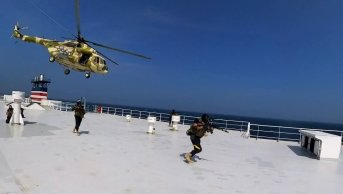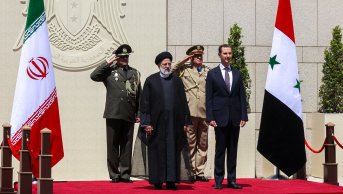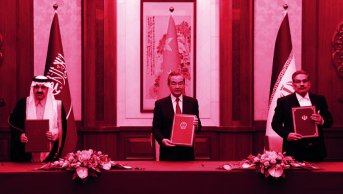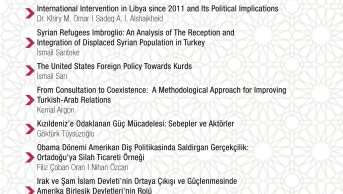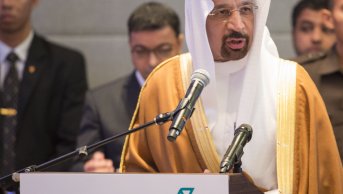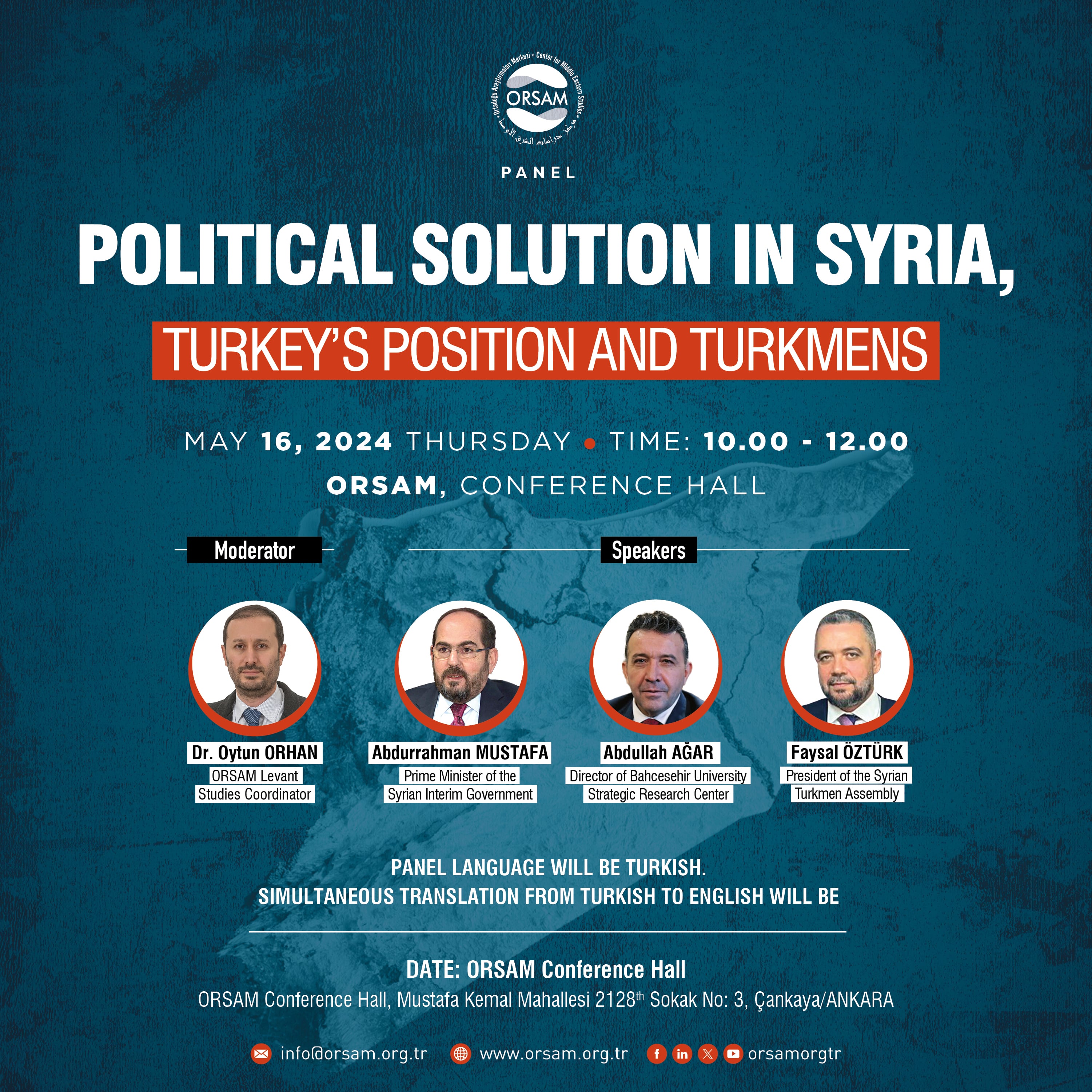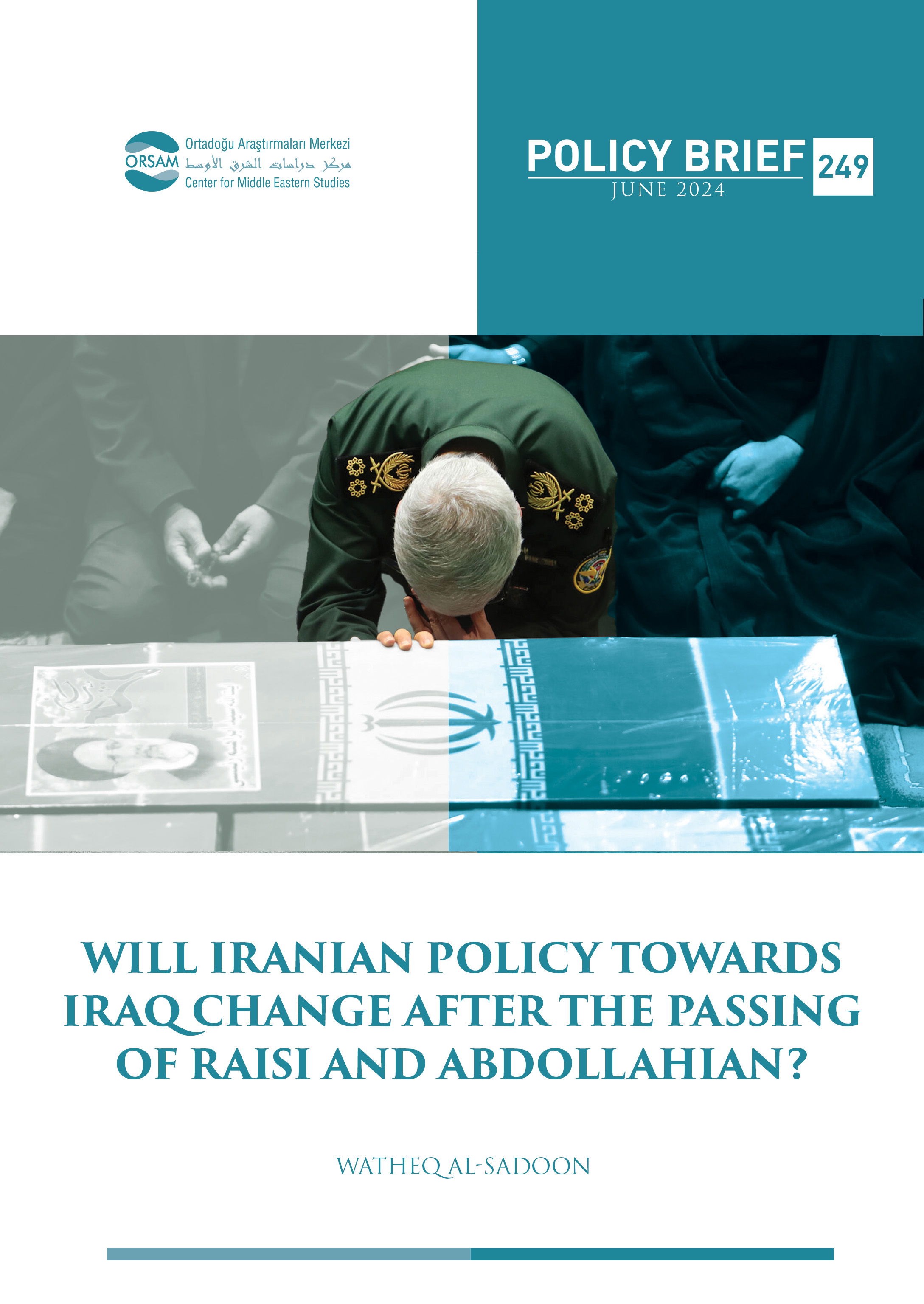Assad’s Return to the Arab League: Key Insights from the Summit
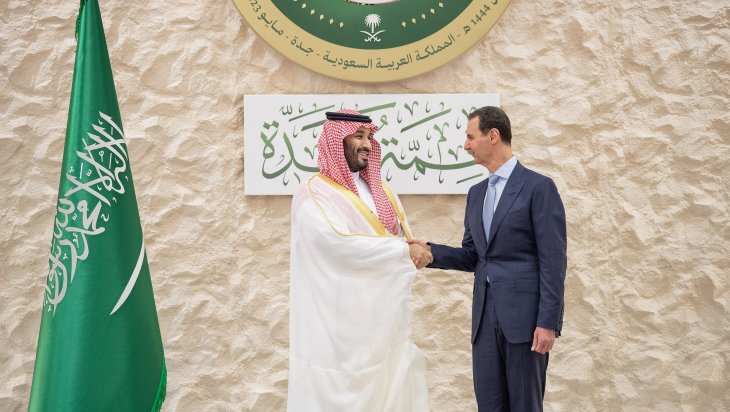
The recent Arab League Summit, held in Saudi Arabia, marked a significant moment as all 22 member states participated together for the first time in over a decade. Surprisingly, Ukraine’s President, Volodymyr Zelensky, who has been critical of some regional countries' indifference towards Russia's war, was also invited to the summit. This surprise inclusion added a fresh dynamic to the historic gathering in Jeddah, where Syrian President Bashar al-Assad made his first appearance in over ten years. The convergence of these two leaders, with divergent relations with Russia and the United States, within the same forum is the outcome of recent diplomatic efforts spearheaded by Saudi Crown Prince Mohammed bin Salman. The presence of both Zelensky and Assad at the summit serves as a symbolic representation of a regional shift. Rather than aligning strictly along a unified axis, regional actors have demonstrated their commitment to acting in their own interests. Zelensky's invitation can also be interpreted as an attempt to ease a potential backlash from the United States regarding the normalization of relations with Assad. Prior to the summit, discussions among regional actors such as Saudi Arabia, Jordan, Iraq, and Egypt primarily focused on three key issues concerning Syria: the repatriation of refugees, combating the narcotics trade, and the reestablishment of state authority and institutions in Syria.
Syria's Challenges: Refugees, Narcotics, and State Authority
The issue of the return of Syrian refugees has emerged as a critical concern in the region. With more than five million Syrian refugees residing in neighboring countries, the need for a comprehensive and sustainable framework to facilitate their return has become a top priority. The host countries, burdened by economic challenges and labor market strains, are eager to address this issue effectively. A recent consultation meeting held in Amman emphasized the importance of bolstering the Syrian economy as a means to encourage refugees to return. Jordan, in particular, has urged for a clear timeline and specific measures to be implemented. This includes the execution of stabilization projects and the provision of general amnesties for refugees. The diplomats involved in these discussions aspire that the success of such initiatives would not only facilitate the return of Syrians but also enable Arab nations to appeal to the United States and Europe to ease sanctions, thus contributing to the reconstruction of the war-torn country. However, it is important to acknowledge that the realization of millions of refugees' hopes to return to Syria in the near term is unlikely. While conditions for refugees in the region are often difficult, the alternatives within Syria are not politically or economically appealing. Moreover, there is no indication that President Assad has made any commitments regarding this matter. Thus, the issue of refugee returns remains complex and challenging, requiring concerted efforts from multiple stakeholders to find a viable and sustainable solution.
In the past decade, Syria has increasingly turned to the production and export of Captagon, a stimulant drug, as a lucrative source of income. This has resulted in the proliferation of the drug and the emergence of dangerous networks involved in its smuggling and distribution, posing a significant challenge for neighboring countries. Jordan, for instance, is particularly concerned about the potential links between narcotics trafficking networks and the smuggling of arms into its territory. However, President Assad does not appear inclined to abandon his Captagon production and trafficking operations, as they generate substantial revenue for his regime, estimated to be at least $57 billion. During a consultation meeting prior to the Jeddah summit, diplomats revealed in private conversations that the Syrian foreign minister frequently left discussions on the Captagon issue to consult with Damascus. Assad's regime showed reluctance to commit to any concrete solutions regarding this matter.
While the production and trafficking of Captagon may be of lesser urgency for Saudi Arabia, it is primarily viewed as an organized crime problem rather than a political or security concern. Although there have been reports suggesting that Saudi Arabia offered Syria a substantial sum of four billion dollars to halt Captagon production, it is unlikely that the Assad regime would relinquish a source of income that surpasses that amount several times over. Nevertheless, Assad is also seeking assistance from Gulf states for the reconstruction of Syria, which implies that he may need to make certain concessions in return. In summary, the production and trafficking of Captagon in Syria pose significant challenges for regional countries. While President Assad appears reluctant to address the issue, it remains to be seen how the international community and neighboring states will navigate this complex problem and its implications for regional security and stability.
The situation concerning armed opposition groups and the military presence of foreign countries in Syria emerged as a crucial topic among regional actors. While the final declaration of the Arab League meeting did not explicitly mention the military presence of Türkiye and Iran, one particular article was widely interpreted as alluding to it. The statement emphasized the need to cease foreign interference in the internal affairs of Arab nations and unequivocally rejected any support for the establishment of armed groups and militias that operate outside the purview of state institutions. Interestingly, it was reported that two sections of the initial draft document were excluded from the final declaration. The first section pertained to reaffirming the United Arab Emirates' sovereignty over Abu Musa and the Greater and Lesser Tunbs, which are under Iranian control. The second section comprised a positive statement regarding the potential restoration of relations between Riyadh and Tehran.
The return of Assad to the Arab League did not sit well with the US administration. Secretary of State Antony Blinken publicly expressed his opposition to normalization in early May. Deputy Spokesperson of the State Department, Vedant Patel, reiterated this stance during a press briefing in Washington, stating that the United States would neither normalize relations with the Assad regime nor encourage others to do so. Patel emphasized that the administration remains committed to the UN Security Council resolution adopted in 2015, which endorsed the peace roadmap formulated three years prior. In response to Assad's presence at the Arab League summit, Democrats and Republicans on the House Foreign Affairs Committee, led by Texas Republican Michael McCaul, introduced a bill this week. The bill aims to prevent any US federal agency from recognizing or establishing normal relations with the Syrian government as long as it remains under Assad's rule. Additionally, the proposed legislation seeks to address loopholes in existing US sanctions targeting Assad and requires the establishment of a formal strategy to counter efforts by countries engaging in normalization with Assad's regime.
Ukrainian President Zelensky's surprise participation in the Arab League summit was also interpreted as an attempt to soften the US reaction. While Gulf Arab states have aimed to remain neutral in the conflict, Saudi Arabia has strengthened its energy alliance with Russia through the OPEC+ alliance, of which both countries are members. Saudi officials have also played a leading role in assisting Ukraine. In February, Saudi Foreign Minister Prince Faisal bin Farhan visited Ukraine, holding talks with Zelensky. Moreover, Riyadh facilitated a prisoner exchange between Moscow and Kiev in September of the previous year. The conflict in Ukraine has adversely affected food security in the region, particularly in Egypt, which has experienced severe inflation due to disruptions in Ukrainian grain exports following Russia's invasion of Ukraine last year. Egypt heavily relied on both Russia and Ukraine for grain imports. In a further display of engagement, Bahrain’s Foreign Minister Rashid Al Zayani visited Ukraine earlier this month and held discussions with President Zelensky.
Insights from the Summit Declaration
The summit held in Jeddah yielded significant outcomes, calling for important measures in Sudan and Lebanon while welcoming Syria's reinstatement into the Arab League. The participants expressed their hope that this step would contribute to Syria reclaiming its role in the Arab world. Furthermore, the summit emphasized the paramount importance of the Palestinian cause as a critical issue for Arab countries, recognizing it as a key factor for regional stability. The Jeddah Declaration, which was announced at the conclusion of the summit, along with the speeches delivered throughout the event, conveyed positive signals regarding the relationships between Arab countries, Türkiye, and Iran. Unlike previous years, where reservations were evident, the Jeddah Declaration did not include any specific provisions targeting Türkiye, and Iran, reflecting the recent trend of improving relations between Arab nations and their neighbors. This development indicates a positive shift in regional dynamics and a willingness to foster stronger ties with neighboring countries. Overall, the summit's resolutions and statements reflected a desire for increased cooperation and collaboration, highlighting the significance of addressing key regional issues and promoting stability in the Arab world. The absence of any explicit focus on Türkiye and Iran in a negative light signifies a more constructive approach and an openness to forging closer relationships with neighboring nations.

